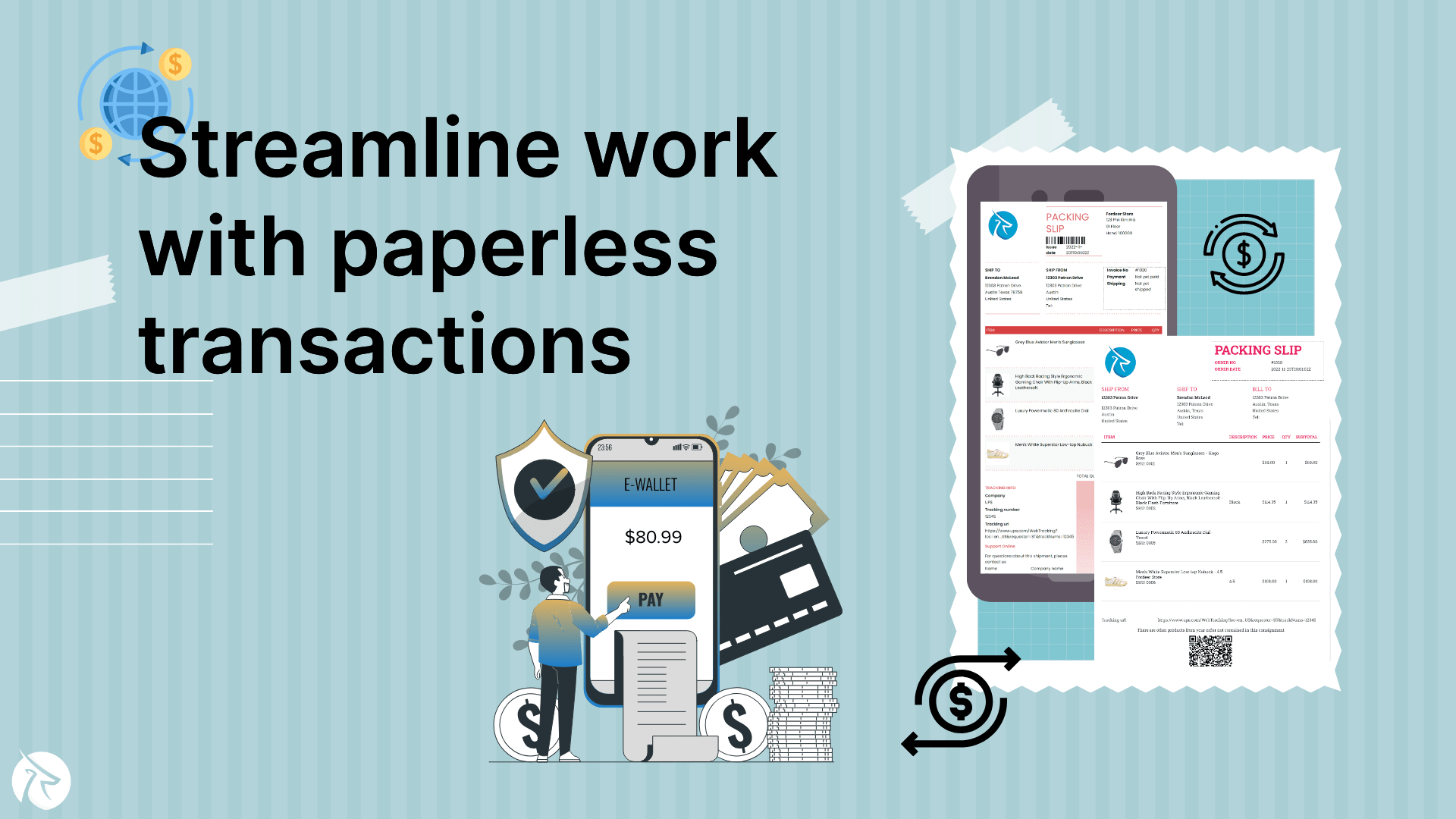Sustainable Logistics: Cost-Effective Strategies for Eco-Friendly Transportation and Distribution
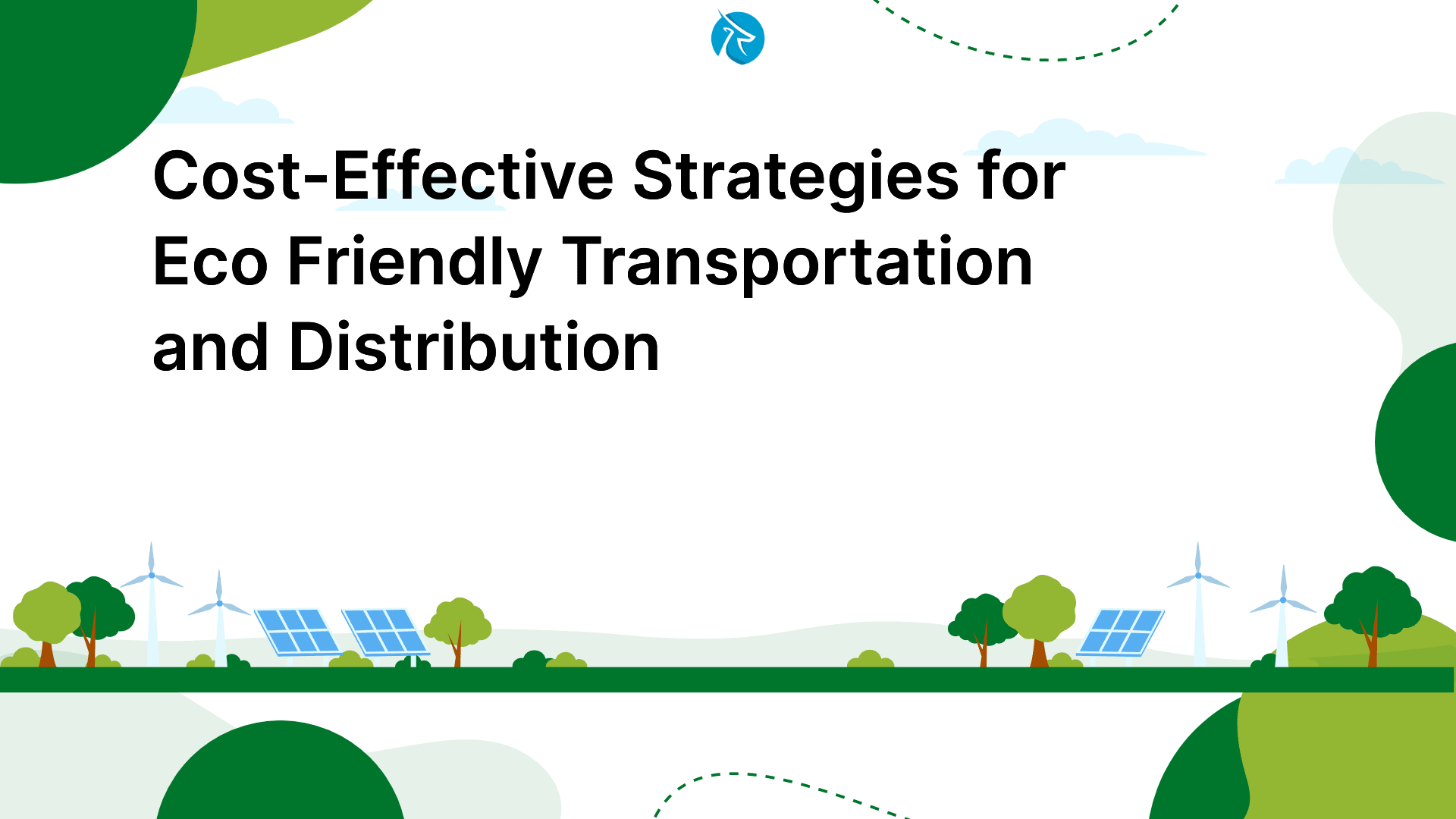
In recent years, there has been growing concern about the environmental impact of logistics operations. The logistics industry is responsible for approximately 8-10% of global greenhouse gas emissions, according to the International Energy Agency (IEA). As a result, businesses worldwide are seeking cost-effective strategies to implement sustainable practices that reduce their carbon footprint and improve overall sustainability. In this article, Fordeer will explore eight cost-effective strategies for sustainable logistics that businesses can adopt to achieve environmentally friendly transportation and distribution.
Use of Electric Trucks
For many years, diesel trucks have been the primary mode of transportation for goods in the logistics industry. Diesel-powered vehicles are known for emitting high levels of greenhouse gases, contributing significantly to environmental degradation. However, electric trucks offer an innovative and sustainable solution to this problem. Electric vehicles generate much lower emissions than diesel vehicles and are also much quieter, reducing noise pollution in urban areas.
Moreover, electric trucks have a lower operating cost compared to diesel trucks, despite their higher purchase price. The reasons for this lower cost are that electric vehicles require minimal maintenance, and their electricity costs less per mile of driving than diesel fuel. Therefore, the use of electric trucks can be a cost-effective solution for businesses that aim to reduce their carbon footprint while improving their bottom line.

Switch to Rail Transport
Road transport has been the primary mode of transportation for goods in the logistics industry. However, rail transport offers a more sustainable and cost-effective alternative. Trains generate fewer greenhouse gas emissions than diesel trucks, contributing to a cleaner and healthier environment. Additionally, rail transport is more fuel-efficient than road transport, which can reduce operating costs.
Transport also provides benefits such as fewer traffic jams and accidents compared to road transport. This results in more reliable delivery and fewer delays, enhancing the efficiency of logistics operations. Although rail transport may be slower than road transport, it can be more reliable and cost-effective for long-distance transportation.
Incorporate Last Mile Delivery by Bicycles and Electric Scooters
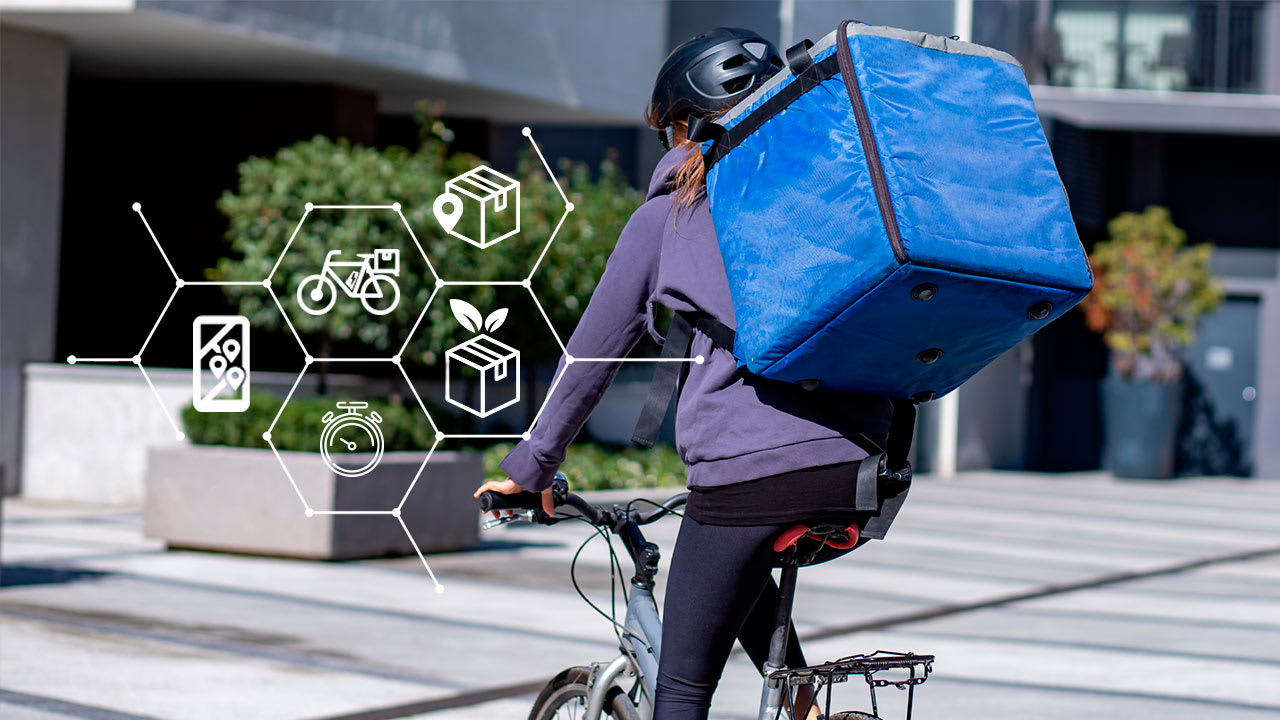
Last-mile delivery is the final step of delivery when transporting goods from a transportation hub to the intended recipient, typically over a short distance. In traditional logistics operations, last-mile delivery has been done by diesel-powered trucks or vans, which is a significant source of emissions in urban areas. Therefore, adopting bicycles and electric scooters for last-mile delivery offers an excellent and sustainable solution to this problem.
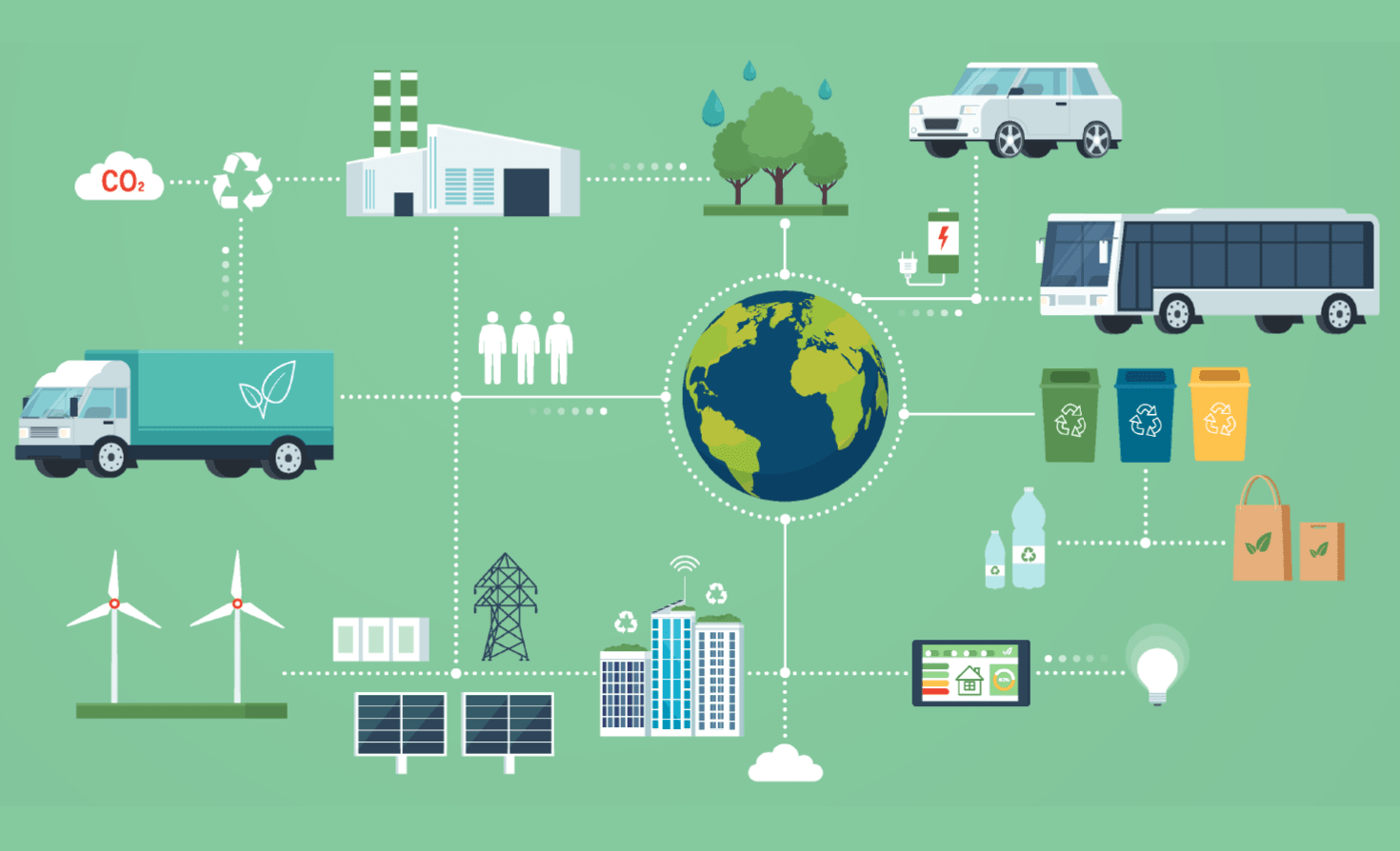
Bicycles and electric vehicles generate zero direct emissions and contribute to improved air quality in urban areas. They are also highly maneuverable, allowing them to navigate crowded streets and reach inaccessible locations, making them a cost-effective option for last-mile delivery. While bicycles and electric scooters may not be suitable for longer distances, they are highly effective for short distances in urban areas.
Use of Intermodal Transport
Intermodal transport involves the use of multiple modes of transportation, such as road, rail, and sea transport, in the logistical supply chain. This strategy offers several sustainability benefits, including reducing emissions, minimizing costs, and enhancing overall efficiency.
Using rail or sea transport for long-distance transportation and road transport for short distances can significantly reduce greenhouse gas emissions compared to exclusively using road transport. Additionally, intermodal transport can help minimize traffic congestion on roads, reducing the negative environmental impact of logistics operations.
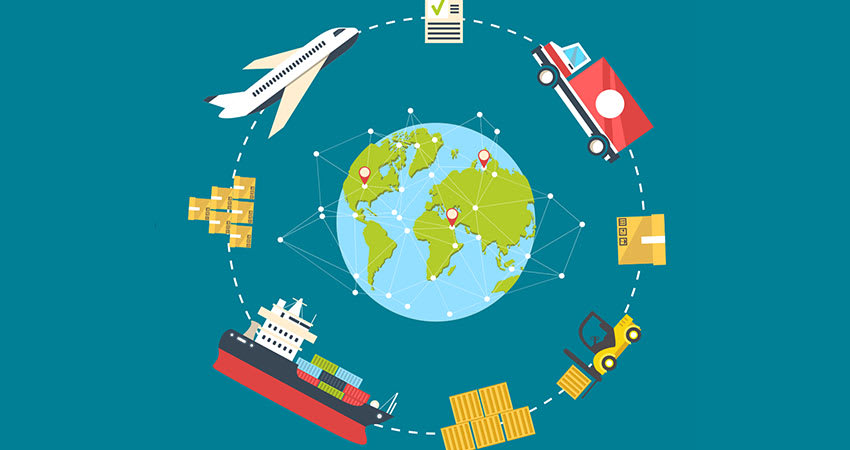
Optimizing Delivery Routes
Route optimization is the process of identifying the most efficient delivery route to minimize distance, time, and fuel consumption. Optimizing delivery routes provides several sustainability benefits, such as reducing greenhouse gas emissions, minimizing fuel consumption, and improving overall efficiency. Route optimization is now available to help businesses plan delivery routes that reduce distance and fuel consumption, resulting in lower emissions.
Optimizing delivery routes can also result in cost savings for businesses. Fuel consumption accounts for a significant portion of logistics costs, and optimizing delivery routes can reduce fuel consumption, thus reducing operating costs.
Use of Renewable Energy
Logistics facilities require a significant amount of energy to power their operations, including warehouses, distribution centers, and transport vehicles. The use of renewable energy sources such as solar, wind, or hydropower can help businesses reduce their carbon footprint significantly.

Although the installation costs associated with renewable energy sources can sometimes be higher than traditional sources of energy, the long-term costs are lower, resulting in significant savings on energy costs. Additionally, businesses sell excess electricity produced by their renewable energy facilities back to the grid, resulting in an additional revenue stream.
Implementing Green Warehousing Practices
Green warehousing practices involve implementing sustainable practices in warehouses and distribution centers. These practices include reducing energy consumption, adopting eco-friendly packaging and pallets, and implementing recycling and waste management practices. Implementing these practices will help reduce waste and energy consumption, and minimize the negative environmental impact of logistics operations.
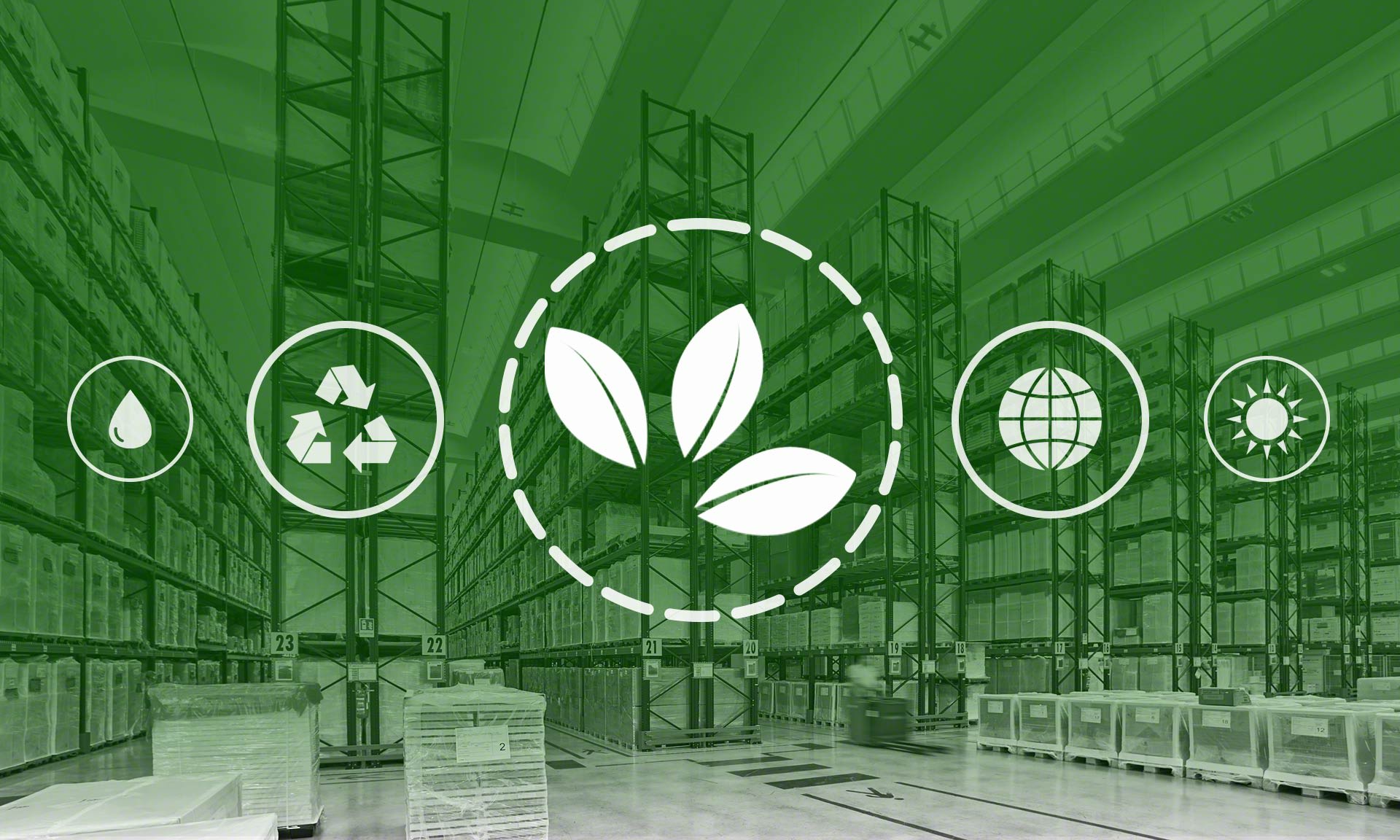
Adopting sustainable warehousing practices can also result in cost savings for businesses. Reducing energy consumption by using energy-efficient lighting, heating, and cooling systems results in lower energy costs. Additionally, adopting eco-friendly packaging and pallets can reduce packaging costs, resulting in cost savings.
Collaboration and Partnership
Collaboration and partnership with other businesses in the supply chain can help enhance logistics sustainability. Businesses can share transport and warehousing facilities to minimize emissions and reduce costs. Additionally, collaborating with suppliers and customers to optimize logistics processes further can help reduce carbon footprint and improve cost-effectiveness.
Collaboration and partnerships can also result in cost savings for businesses. Sharing transport and warehousing facilities can reduce costs, while optimizing logistics processes can result in efficient and cost-effective logistics operations.
Conclusion
Sustainable logistics is a cost-effective solution for businesses seeking to reduce their carbon footprint and improve their overall sustainability. Adopting sustainable practices such as the use of electric trucks, rail transport, bicycles, and electric scooters for last-mile delivery, optimizing delivery routes, using renewable energy, implementing warehousing practices, and collaborating and partnering can help businesses achieve environmentally friendly transportation and distribution.
By implementing these sustainable practices, businesses can establish themselves as leaders in sustainability and contribute to a cleaner and healthier environment. Sustainable logistics can also result in cost savings for businesses, thus improving their bottom line. Therefore, businesses worldwide should adopt sustainable logistics practices to remain competitive, sustainable, and responsive to the global challenges related to climate change.









